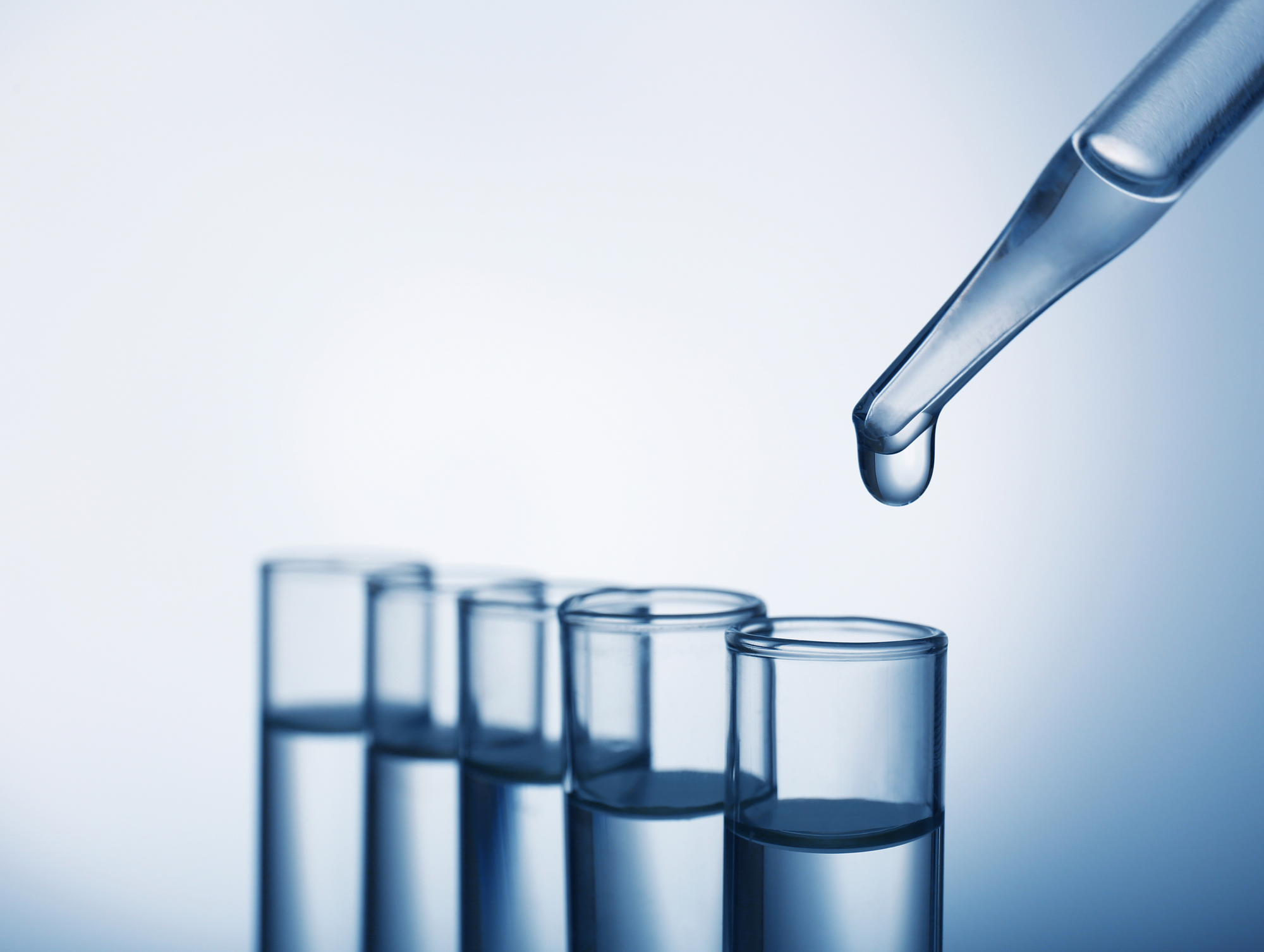

Understanding the Complexities of Hydrogen Water Testing: What You Need to Know
Hydrogen water has gained significant attention for its potential health benefits, with claims of enhanced energy levels, reduced inflammation, and improved cognitive function. However, when it comes to measuring the actual molecular hydrogen (H₂) content in these products, the process can be surprisingly complex and fraught with inconsistencies.
The Challenge of Reliable Hydrogen Testing
Testing the hydrogen concentration in water might seem straightforward, but it’s anything but. Different hydrogen test reagents can provide vastly different results. Some testing liquids are more potent than others, and the size of the drops used in these tests can vary, leading to discrepancies in the results. It’s also worth noting that American brands typically show lower rates of molecular hydrogen (measured in parts per billion, or ppb) compared to their Chinese counterparts. This difference is often due to marketing strategies where suppliers emphasize the highest possible ppb in their products, even if the actual rates are not as high as advertised.
The Unreliability of Electronic Testing Pens
Another popular method for testing hydrogen concentration involves electronic pens. While these devices may seem convenient, they are notoriously unreliable. For one, the pen’s prong must be cleaned or scratched before each use to maintain accuracy. However, even with meticulous maintenance, the sensitivity of the prong diminishes after about two months, rendering the device unreliable.
Finding the Best Hydrogen Water Bottle
Given these challenges, how can consumers find the best hydrogen water bottle on the market? One approach is to line up all the hydrogen bottles and test them with the same device under identical conditions. While this method won’t provide an accurate reading of the exact hydrogen concentration, it can help determine which bottle offers the highest levels of molecular hydrogen relative to the others.
However, this approach is not without its pitfalls. Many hydrogen water bottles available today are not BPA-free or food-safe. This is a critical consideration, as the materials used in the bottle can affect the safety and quality of the water you consume. Always check the specifications of a hydrogen water bottle before making a purchase to ensure it meets safety standards.
Conclusion: Be Informed, Choose Wisely
Hydrogen water offers a range of potential health benefits, but the effectiveness of these products depends largely on the accuracy of the hydrogen concentration. With the inconsistencies in testing methods and the unreliability of some testing devices, it’s essential to approach hydrogen water with a critical eye. By understanding the complexities of hydrogen testing and being vigilant about product safety, you can make a more informed decision and choose a hydrogen water bottle that truly enhances your wellness journey.
















